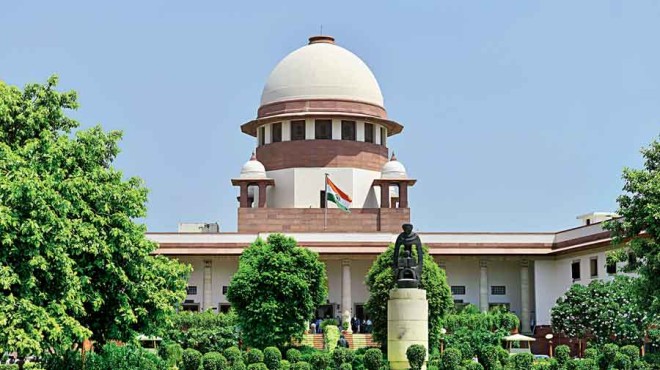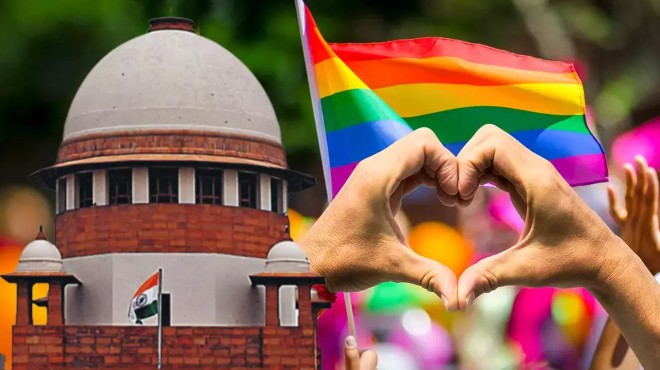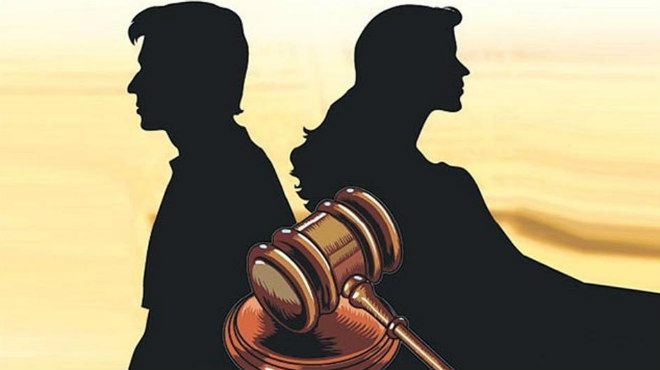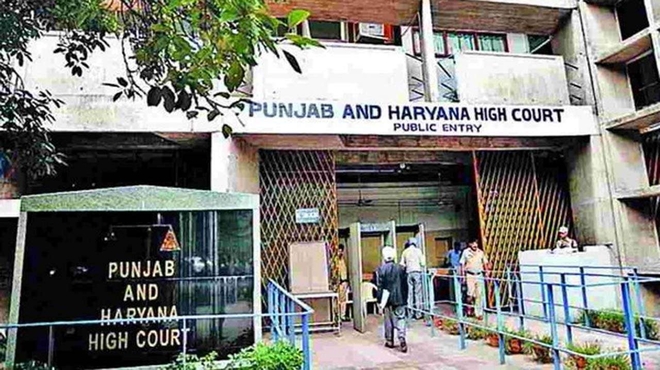Supreme Court : Women not required to change their religion after marriage
December 08, 2017
A five-judge bench of the Supreme Court on Thursday held that there is no Indian Law stating that a woman has to essentially change her religion to her husband's religion after their marriage. The bench headed by CJI Dipak Misra also comprising of Justices A K Sikri, A M Khanwilkar, D Y Chandrachud and Ashok Bhushan, was dealing with the issue of the religious identity of a wife in an inter-religion marriage.
Latest Legal News
.jpg)
3 Bills to Renew India's Criminal Justice System presented in Lok Sabha; All you Need to Know

âSorry state of affairs' in PoSH Act implementation; SC orders Govts. to ensure ICCs are constituted


 90+ Lawyers are online
90+ Lawyers are online 


.jpg)


